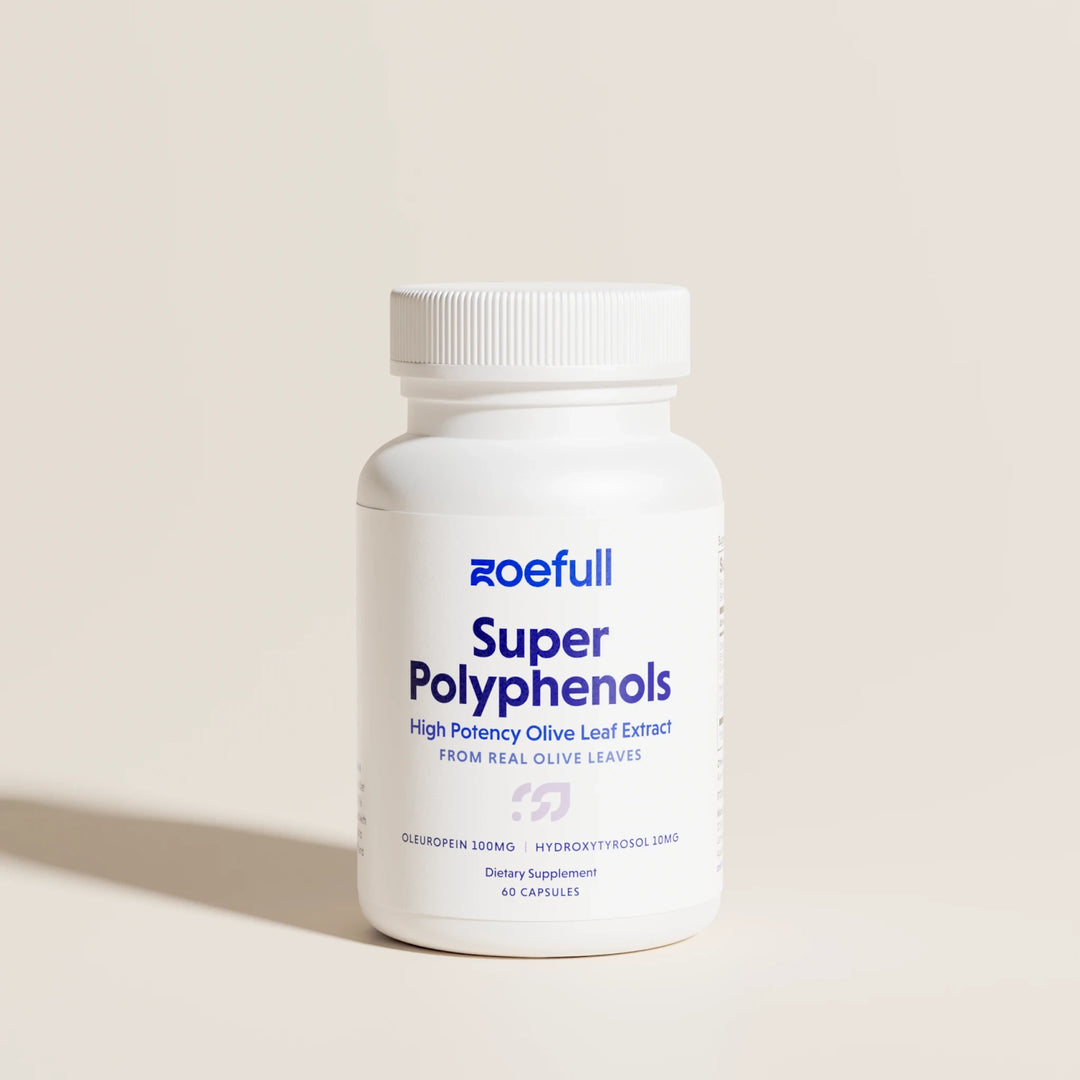Alzheimer’s and Inflammation: Breaking the Cycle Before It Breaks You
At a Glance
- Chronic inflammation actively drives Alzheimer’s disease by disrupting brain immune function.
- Accumulated amyloid-beta proteins trigger continuous immune reactions, fueling a self-sustaining cycle of inflammation.
- Persistent microglial activation leads to further amyloid and tau pathology, directly impairing brain function.
- Peripheral inflammation from conditions like obesity and infections worsens Alzheimer’s by breaching the brain’s protective barrier.
- Lifestyle modifications and targeted supplements can reduce inflammation, slowing Alzheimer’s progression.
1. Understanding Chronic Inflammation in Alzheimer’s Disease
Picture chronic inflammation as a quiet, smoldering fire beneath the surface—initially unnoticed, yet powerful enough to devastate your cognitive health over time. Unlike acute inflammation, which swiftly resolves after addressing an injury or infection, chronic inflammation lingers. When this persistent immune response occurs in the brain, it sets the stage for debilitating conditions like Alzheimer’s disease (AD).
In Alzheimer’s, misprocessed amyloid precursor proteins produce amyloid-beta (Aβ) plaques. Rather than being innocent bystanders, these plaques provoke a fierce inflammatory response, activating brain immune cells—particularly microglia and astrocytes—to release harmful substances called cytokines, including TNFα, IL-1β, and IL-6. This inflammatory storm fuels a damaging feedback loop, intensifying the disease process.
🔥 Scientific Fact: Alzheimer’s-related inflammation isn’t just a response—it actively worsens disease progression. Researchers now view chronic neuroinflammation as a primary driver, not merely a secondary consequence, of Alzheimer’s pathology.
2. The Vicious Cycle: How Inflammation Fuels Alzheimer’s
When microglia—the brain’s guardian immune cells—encounter amyloid-beta, they shift from protective to destructive. Normally helpful in clearing debris and maintaining brain health, chronically activated microglia (the M1 phenotype) start producing excessive pro-inflammatory molecules. This continuous inflammatory signaling increases the activity of enzymes like β-secretase (BACE1), boosting amyloid-beta production and setting off a harmful self-perpetuating cycle.
But it doesn't stop there. Chronic inflammation also disrupts the tau protein, essential for neuronal stability. Inflamed brains hyperphosphorylate tau, creating neurofibrillary tangles—twisted protein fibers that devastate neural connections and cognition.
3. Systemic Inflammation and Alzheimer’s: An Unseen Bridge
Your brain doesn’t exist in isolation—what happens elsewhere in your body matters immensely. Conditions like obesity, diabetes, periodontal disease, and even gut dysbiosis send inflammatory signals through your bloodstream, impairing the blood-brain barrier (BBB). This barrier, usually a shield protecting your brain, becomes compromised, allowing inflammatory molecules and harmful pathogens direct entry into brain tissue.
🌿 Mini Action: Regular dental hygiene and a balanced Mediterranean diet can significantly reduce systemic inflammation, safeguarding your brain against Alzheimer’s-related neuroinflammation.
4. The Genetic Factor: Inflammation’s Secret Ally
Genetics further complicate this inflammatory scenario. Carriers of the APOE4 gene variant often exhibit heightened inflammatory responses and reduced ability of microglia to clear amyloid-beta effectively. This genetic predisposition creates a fertile ground for chronic inflammation, accelerating Alzheimer’s disease progression.
5. Immune Memory Gone Wrong: Inflammation’s Persistent Legacy
Remarkably, chronic inflammation leaves lasting "immune memory," epigenetically reprogramming microglia to remain in a perpetually inflammatory state—even without ongoing triggers. This long-term dysregulation ensures the disease’s inflammatory processes persist, causing ongoing damage to neurons and cognitive abilities.
6. Take Action: Quench the Fire of Inflammation
Breaking this inflammatory cycle is crucial, and fortunately, it's achievable. Lifestyle modifications including targeted anti-inflammatory supplementation, exercise, stress reduction, sleep optimization, and dietary improvements provide foundational support.
Amplify your fight against inflammation with Zoefull’s targeted Mediterranean Anti-Inflammation supplements:
- Wild Olive Oil: Ultra rich in polyphenols—nature’s most potent natural anti-inflammatory.
- Extra Virgin Olive Oil: Fights systemic inflammation, including neuroinflammation, and tastes great too.
- Resveratrol: Known for its powerful anti-inflammatory and neuroprotective properties.
- Essential Omega 3s: Critical for reducing brain inflammation and maintaining cognitive function.
- Super Polyphenols: Olive leaf extract’s potent anti-inflammatory effects.
- Thriving Gut (Pre/Probiotic Complex): Essential for gut health, directly impacting systemic inflammation.
- Cardio Vital: Boosts nitric oxide, enhancing blood flow and reducing inflammatory stress.
Choose individually or bundle your favorites to protect your brain and body against chronic inflammation’s relentless toll.
🌟 Final Thought: Remember, chronic inflammation is manageable. Take proactive steps today to guard your cognitive health tomorrow.
7. References
- Ardura-Fabregat, A., Boddeke, E. W. G. M., Boza-Serrano, A., Brioschi, S., Castro-Gomez, S., Ceyzériat, K., Dansokho, C., Dierkes, T., Gelders, G., Heneka, M. T., Hoeijmakers, L., Hoffmann, A., Iaccarino, L., Jahnert, S., Kuhbandner, K., Landreth, G., Lonnemann, N., Löschmann, P. A., McManus, R. M., … Yang, Y. (2017). Targeting Neuroinflammation to Treat Alzheimer’s Disease. CNS Drugs, 31(12), 1057–1082. https://doi.org/10.1007/s40263-017-0483-3
- Bairamian, D., Sha, S., Rolhion, N., Sokol, H., Dorothée, G., Lemere, C. A., & Krantic, S. (2022). Microbiota in neuroinflammation and synaptic dysfunction: A focus on Alzheimer’s disease. Molecular Neurodegeneration, 17(1), 19. https://doi.org/10.1186/s13024-022-00522-2
- Bronzuoli, M. R., Iacomino, A., Steardo, L., & Scuderi, C. (2016). Targeting neuroinflammation in Alzheimer’s disease. Journal of Inflammation Research, Volume 9, 199–208. https://doi.org/10.2147/JIR.S86958
- Calsolaro, V., & Edison, P. (2016). Neuroinflammation in Alzheimer’s disease: Current evidence and future directions. Alzheimer’s & Dementia, 12(6), 719–732. https://doi.org/10.1016/j.jalz.2016.02.010
- Dhapola, R., Hota, S. S., Sarma, P., Bhattacharyya, A., Medhi, B., & Reddy, D. H. (2021). Recent advances in molecular pathways and therapeutic implications targeting neuroinflammation for Alzheimer’s disease. Inflammopharmacology, 29(6), 1669–1681. https://doi.org/10.1007/s10787-021-00889-6
- Heneka, M. T., Carson, M. J., Khoury, J. E., Landreth, G. E., Brosseron, F., Feinstein, D. L., Jacobs, A. H., Wyss-Coray, T., Vitorica, J., Ransohoff, R. M., Herrup, K., Frautschy, S. A., Finsen, B., Brown, G. C., Verkhratsky, A., Yamanaka, K., Koistinaho, J., Latz, E., Halle, A., … Kummer, M. P. (2015). Neuroinflammation in Alzheimer’s disease. The Lancet Neurology, 14(4), 388–405. https://doi.org/10.1016/S1474-4422(15)70016-5
- Kaur, D., Sharma, V., & Deshmukh, R. (2019). Activation of microglia and astrocytes: A roadway to neuroinflammation and Alzheimer’s disease. Inflammopharmacology, 27(4), 663–677. https://doi.org/10.1007/s10787-019-00580-x
- Liu, P., Wang, Y., Sun, Y., & Peng, G. (2022). Neuroinflammation as a Potential Therapeutic Target in Alzheimer’s Disease. Clinical Interventions in Aging, Volume 17, 665–674. https://doi.org/10.2147/CIA.S357558
- Newcombe, E. A., Camats-Perna, J., Silva, M. L., Valmas, N., Huat, T. J., & Medeiros, R. (2018). Inflammation: The link between comorbidities, genetics, and Alzheimer’s disease. Journal of Neuroinflammation, 15(1), 276. https://doi.org/10.1186/s12974-018-1313-3
- Pasqualetti, G., Brooks, D. J., & Edison, P. (2015). The Role of Neuroinflammation in Dementias. Current Neurology and Neuroscience Reports, 15(4), 17. https://doi.org/10.1007/s11910-015-0531-7
- Rauf, A., Badoni, H., Abu-Izneid, T., Olatunde, A., Rahman, Md. M., Painuli, S., Semwal, P., Wilairatana, P., & Mubarak, M. S. (2022). Neuroinflammatory Markers: Key Indicators in the Pathology of Neurodegenerative Diseases. Molecules, 27(10), 3194. https://doi.org/10.3390/molecules27103194
- Xie, J., Van Hoecke, L., & Vandenbroucke, R. E. (2022). The Impact of Systemic Inflammation on Alzheimer’s Disease Pathology. Frontiers in Immunology, 12, 796867. https://doi.org/10.3389/fimmu.2021.796867
- Zhang, W., Xiao, D., Mao, Q., & Xia, H. (2023). Role of neuroinflammation in neurodegeneration development. Signal Transduction and Targeted Therapy, 8(1), 267. https://doi.org/10.1038/s41392-023-01486-5























